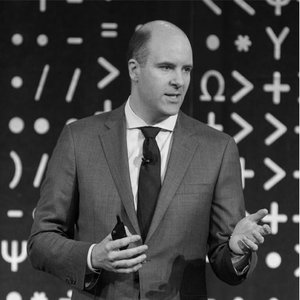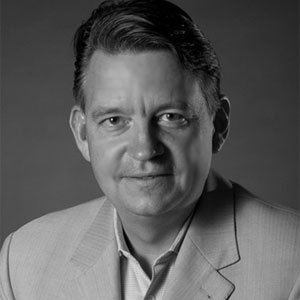Models in Engineering
Course 2 of 4 in Architecture and Systems Engineering: Models and Methods to Manage Complex Systems
- START DATE March 16, 2026 More Dates
- TIME COMMITMENT 4-6 hours per week
- DURATION 4 weeks
- FORMAT Online
- CEUs 2
- PRICE $1,250
MAKE BETTER ENGINEERING DECISIONS
Dive into the role of models in engineering and understand the various types of models and their applications. In this course, you’ll learn how models are organized and used for decision-making, optimization, and evaluation across different engineering disciplines. Through practical examples, you’ll explore model development processes, from low-fidelity prototypes to highly detailed representations, and the principles of verifying and validating these models. You'll also evaluate when to use physical prototypes versus virtual models for system testing and optimization, and assess whether a single model or an ensemble of models is more suitable for a given engineering challenge.
WHAT YOU WILL LEARN
Gain a comprehensive understanding of practical and conceptual modeling considerations. View the week by week schedule here.
- Explain what types of models exist in engineering and how they can be organized into an overall taxonomy.
- Enumerate the purposes for which models are created in engineering and evaluate the success of modeling for those purposes against your own career experience.
- Describe a potential model development process, leading to models of increasing levels of fidelity.
- Demonstrate through examples how models are used to make decisions in engineering and how models can be used for optimization, including the definition of design variables, fixed parameters, objective functions and constraints.
- Evaluate the credibility and fidelity of existing models using a set of clear criteria.
- Evaluate and explain whether it is better to pursue a single model or an ensemble of models in support of a specific problem/decision. This includes the resolution of conflicts when multiple models provide contradictory results.
- Explain the basic principles of combining subsystem models together into a system model in a multidisciplinary computational environment.
- Understand the basic principles of verifying and validating models.
- Examine the tradeoffs between the use of physical and virtual prototypes for system verification, validation, and testing. Decide when to invest in additional modeling versus additional physical testing of systems.
WHO SHOULD ENROLL
Aerospace, automotive, defense, consumer appliances, and manufacturing industry professionals
Engineers at original equipment manufacturers (OEM)
Any systems engineering professional, director, or senior manager looking to innovate and optimize their operational, manufacturing, and design systems

HOW YOU WILL LEARN
-

LEARN BY DOING
Practice processes and methods through simulations, assessments, case studies, and tools.
-

LEARN FROM OTHERS
Connect with an international community of professionals while working on projects based on real-world examples.
-

LEARN ON DEMAND
Access all of the content online and watch videos on the go.
-

REFLECT AND APPLY
Bring your new skills to your organization, through examples from technical work environments and ample prompts for reflection.
-

DEMONSTRATE YOUR SUCCESS
Earn a Professional Certificate and 2 Continuing Education Units (CEUs) from MIT.
-

LEARN FROM THE BEST
Gain insights from MIT faculty and industry experts from Boeing and NASA, US Air Force, GE, GM, Apple, MAN Truck, and Bus AG.
WHAT LEARNERS AND COMPANIES ARE SAYING
MIT FACULTY AND INDUSTRY EXPERTS
COURSES IN THIS PROGRAM
To earn a Professional Certificate, you must complete the four courses in the program. For those who do not want to commit to the full program, courses can be taken on an individual basis. Savings apply when enrolling into the full program.
THE BEST COMPANIES CONNECT WITH THE BEST MINDS AT MIT
Deepen your team’s career knowledge and expand their abilities with MIT xPRO’s online courses for professionals. Develop customized learning for your team with bespoke courses and programs on your schedule. Set a standard of knowledge and skills, leading to effective communication among employees and consistency across the enterprise.
Find out what MIT xPRO can do for your team.
Inquire Now
































